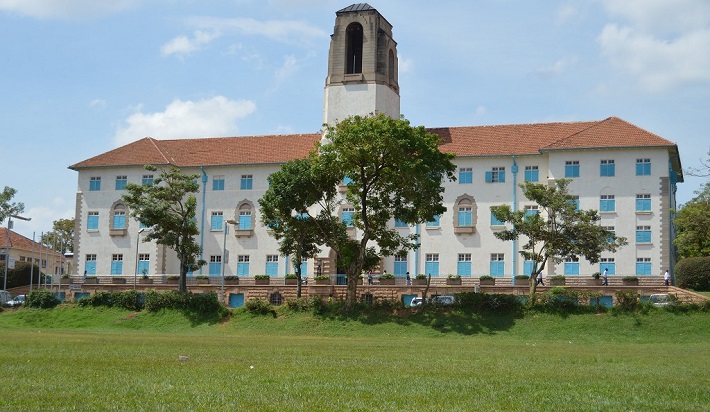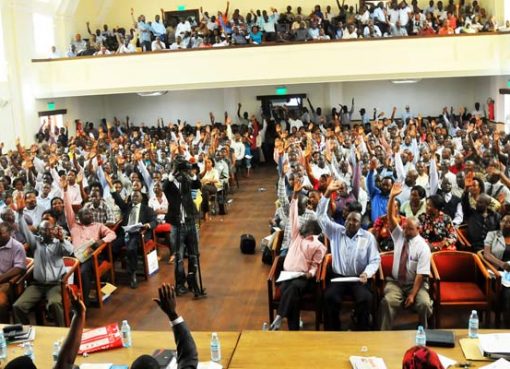The Ministry of Education and Sports is developing a plan to support students who may miss or fail the 2023 Senior Four examination. As per the established timelines, the Ministry intends to fully phase out the old lower secondary curriculum by 2023.
This means the current senior four candidates will be the last lot to seat exams under the old curriculum. However, it appears that the Ministry did not anticipate the potential impact of this transition on learners including those who may be unable to sit the exams due to unforeseen circumstances and those who may fail to pass.
Now, in an interview with URN, Dr. Denis Mugimba, the Ministry’s spokesperson, indicated that the plan is in its early stages, with a few proposed solutions already under consideration and others still being explored.
“Eventually we will have a plan for the learners that have been studying in the old curriculum not to be affected by the transition,” said Mugimba, adding that the affected students may be required to take exams under the new curriculum in subsequent years.
Dr. Mugimba clarified that since the ministry is not ready to implement two curricula in one class, a crash program on the new curriculum will be initiated for those who could have missed or failed examinations. From his explanation, the said program will entail remedial sessions under the old curriculum to prepare the learners for the final exams under the new curriculum.
The remedial program will also provide continuous assessment marks, which is a requirement for registration with the Uganda National Examination Board. Mugimba further explained that the timing for affected learners to sit or repeat, the senior four exams will depend on their ability to grasp the content taught during the remedial classes.
When URN first raised concerns about the oversight in the transition between the old and new curricula last year, officials from UNEB, NCDC, and the Ministry of Education were unable to provide a solution, describing it as a “minor unforeseen issue”.
However, statistics have shown that the matter is significant. Many learners fail to sit exams even after registering with UNEB. In 2020, for example, 2,804 out of 333,396 registered UCE candidates did not show up for the exam, according to UNEB statistics.
This trend has been consistent in previous years, with 6,652 candidates not turning up for exams in 2016, 6,655 in 2015, 4,229 in 2014, and 6,756 in 2013. This means that there are learners that miss out on the final examination, and at times, some get sick, injured, or have other conditions.
It is important to note that while some candidates who do not show up for exams drop out of school entirely, a substantial number may have temporarily suspended their studies but return later and sit the exams in subsequent years.
In addition to this group, the absence of a clear transition plan also affects students who fail exams and are advised to repeat senior four. For instance, last year, 15,756 candidates who sat for UCE exams totally failed. The question of how such learners will repeat under the new curriculum remained unanswered presenting a significant challenge.
Upon closer examination of the oversight, URN inquiries also revealed that there are learners who are typically advised to repeat a class, particularly in Senior Three. However, the ministry rushed to address this category by ordering all schools to ensure that all learners who were in Senior Three last year have progressed to Senior Four.
In the absence of a clear solution for those who will miss or fail the national examinations in 2023, some people suggested that affected learners would have to return to Senior One and start over again. However, the Ministry put a stop to this narrative.
There were also suggestions that the Ministry should allow the affected learners to sit for exams under the old curriculum. However, Mugimba says this has been removed from the table as it might not be practical and could have significant implications for the examination body.
The ministry spokesperson further noted that during discussions on the issue, proposals for exceptions for those who will have failed exams have come up. He, however, adds that although the Ministry has not yet made a decision on this possibility, it might not be feasible.
-URN





